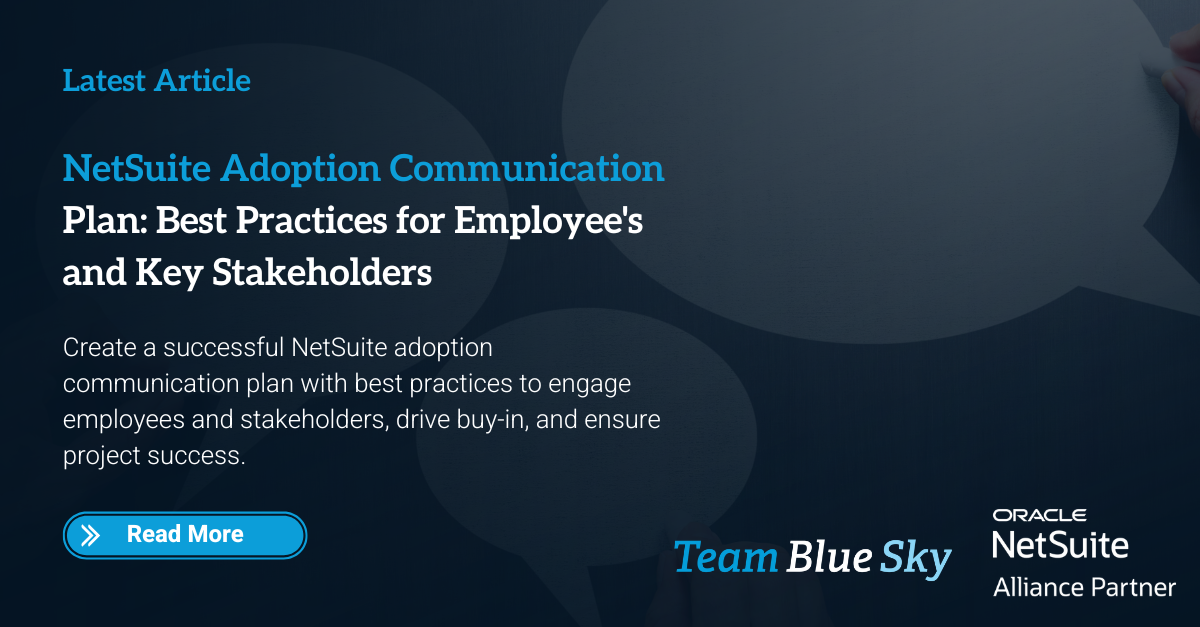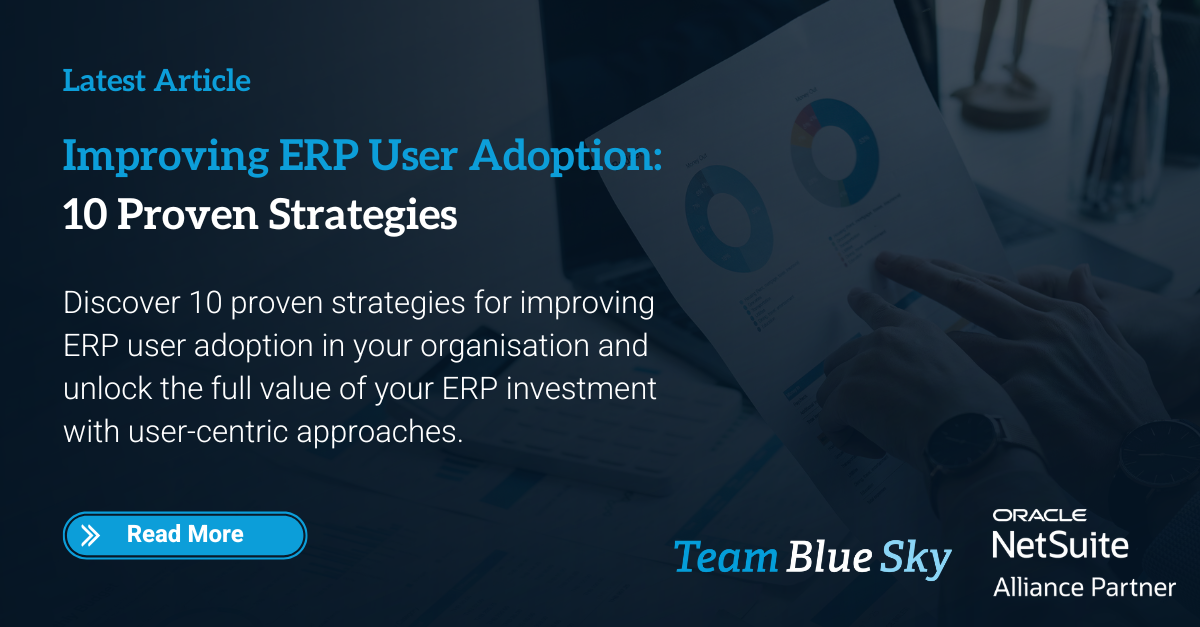In House Team vs BPO Providers: How the Costs Compare
Many companies face the challenge of choosing between building their own in-house team or outsourcing to a BPO provider. The decision is often driven by cost considerations as businesses look for ways to maximise efficiency and profitability. According to IBISWorld “The Australian BPO industry market size, measured by revenue, was $42.2bn in 2022 and surging in growth.”
In this article, we will explore the costs of both options, as well as the advantages and disadvantages of each. By the end, readers will have a clear understanding of which route to take for their budget and needs.
Understanding In-House Teams and BPO Providers
Before diving into the costs of outsourcing, it is important to clarify the meaning of in-house teams and BPO providers. The former refers to employees hired by the company and based in its office, while the latter involves contracting an external organisation to handle specific business processes or operations. Understanding the differences between the two options is key to determining the most cost-effective solution for a business.
Defining In-House Teams
In-house teams are comprised of full-time employees who are hired by the company to carry out specific tasks or functions. These employees work on-site and are fully integrated into the company's culture and operations. They typically receive benefits such as healthcare and retirement plans, and are offered opportunities for professional development and career advancement.
Having an in-house team can be beneficial for businesses that require a high level of control over their operations. With an in-house team, businesses have direct oversight and can ensure that their employees are working towards the company's goals and objectives. In addition, in-house teams are more readily available for face-to-face communication and collaboration, which can be important for certain projects or initiatives.
However, maintaining an internal team can also be a significant cost. Besides salaries and benefits, businesses also have to account for office space, equipment, and other resources. This can impose a significant financial strain, especially on small businesses or those with constrained resources.
Defining BPO Providers
BPO (Business Process Outsourcing) providers are external companies that specialise in specific business processes or operations. By outsourcing these services to BPO providers, businesses can free up resources to focus on core competencies. BPO providers typically have their own teams of employees who work remotely, and they are responsible for providing the necessary resources and technology to carry out the required services.
One of the primary advantages of employing a BPO company is the potential for cost reductions. By outsourcing specific operations, businesses can diminish their overheads and circumvent the expenses linked to recruitment and management of an internal team. BPO companies also have specialised knowledge in their respective domains, potentially leading to enhanced efficiency and quality.
However, there are also potential drawbacks to using a BPO provider. For example, businesses may have less control over the operations being outsourced, which can lead to communication and coordination challenges. In addition, BPO providers may not have the same level of company-specific knowledge and expertise as an in-house team, which can impact the quality of the services provided.
Ultimately, the decision to use an in-house team or a BPO provider will depend on a variety of factors, including the specific needs of the business, the available resources, and the desired level of control. By carefully weighing the pros and cons of each option, businesses can make an informed decision that will help them achieve their goals and objectives.
Cost Comparison Factors
When choosing between an in-house team and a BPO provider, several cost factors must be taken into consideration. These include recruitment and training expenses, staff salaries and benefits, infrastructure and technology costs, management and supervision expenses, as well as scalability and flexibility.
Recruitment and Training Expenses
With an in-house team, businesses must take on the costs associated with advertising, recruiting, and training new employees. These expenses can be significant, particularly for specialised skill sets. With a BPO provider, recruitment and training costs are taken care of by the provider, saving the client company time and money. "Recruitment services usually cost between 40% and 50% of the employee's average salary." according to an article by confie.com.
It is important to note that BPO providers typically have extensive experience in recruiting and training employees for specific industries and roles. This means that they are often able to find and train employees more efficiently than an in-house team, resulting in higher quality output and faster ramp-up times. This is especially true when it comes to expertise around different business management systems such as ERP. Most BPO providers will specialise in a specific ERP solution, such as NetSuite, which means you have access to a team of business function experts who have a deep understanding of how your system can and should operate.
Salaries and Benefits
When comparing salaries and benefits for in-house teams vs. BPO providers, there are often significant differences. In-house employees typically receive higher salaries and more comprehensive benefits, reflecting their commitment to the company. However, outsourcing to a BPO provider can result in significant cost savings, particularly for companies with large employee bases.
It is worth noting that BPO providers are often able to offer competitive salaries and benefits packages to their employees due to their scale and expertise. This means that clients can benefit from high-quality work without having to pay a premium for it.
Infrastructure and Technology Costs
Infrastructure and technology costs can be a significant challenge for businesses. With an in-house team, the company incurs the cost of providing the necessary infrastructure and technology for the employees to work efficiently. On the other hand, BPO providers have already invested in the necessary infrastructure and technology to support their remote teams, making outsourcing an attractive option for cost-conscious companies.
Furthermore, BPO providers are often able to provide access to cutting-edge technology and tools that may not be available to an in-house team. This can lead to higher-quality output and faster turnaround times.
Management and Supervision Expenses
In-house teams require management and supervision in order to ensure that employees are motivated and productive. This can add an additional layer of cost to the company's operations. With BPO providers, management and supervision are the provider's responsibility, freeing up the client's resources to focus on core competencies.
It is worth noting that BPO providers often have extensive experience in managing and supervising remote teams, meaning that they are able to provide high-quality oversight and support to their employees. This can result in higher quality output and faster ramp-up times.
Scaling and Flexibility
In-house teams can be flexible in terms of being able to adapt to changes in the company's needs over time. However, scaling an in-house team can be expensive and time consuming. Outsourcing to a BPO provider offers greater scalability and flexibility, allowing business operations to quickly scale up or down according to demand.
Furthermore, BPO providers are often able to provide access to a wider range of talent than would be available to an in-house team. This means that clients can benefit from specialised skills and expertise that may not be available internally.
Overall, while there are pros and cons to both in-house teams and BPO providers, it is clear that outsourcing can provide significant cost savings and other benefits for businesses. By carefully considering the various cost factors involved, businesses can make an informed decision about which approach is best for them.
Advantages and Disadvantages of In-House Teams
Building an in-house team is a significant decision for any business. There are several advantages and disadvantages to consider before making this choice.
Control and Oversight
In-house teams offer the advantage of total control and oversight. The company has complete control over the hiring process, the culture, and the way work is carried out. This can be particularly important for sensitive processes or operations that require a high level of security.
With in-house teams, management has the ability to set the tone for the entire company. This can be especially important for companies that need to maintain a certain level of quality or consistency in their work. It also allows for more direct communication between team members and management, which can lead to better collaboration and problem-solving.
Company Culture and Integration
In-house teams can be fully integrated into the company's culture, helping to build a strong sense of community and shared mission. This can be particularly important for businesses that rely on a team-focused approach to achieve their goals.
When employees work in the same physical space, they have more opportunities to build relationships and collaborate on projects. This can lead to increased job satisfaction and a higher level of engagement in the work being done. It also allows for more opportunities for training and development, which can help employees grow and advance within the company.
Intellectual Property Protection
In-house teams provide greater security and protection for proprietary information. With a BPO provider, sensitive information may need to be shared with external parties, potentially increasing the risk of data breaches and intellectual property theft.
Having an in-house team can also help to protect against employee theft or sabotage. When employees are part of the company culture and feel invested in the success of the organisation, they are less likely to engage in unethical behaviour.
Limitations and Challenges
Building an in-house team requires significant resources, both in terms of time and money. Recruiting and retaining knowledgeable and skilled employees can be challenging, particularly in highly competitive industries where talent is in short supply.
Managing an in-house team also requires a certain level of expertise. Managers need to be able to motivate and inspire their team members, while also providing guidance and support when needed. This can be a difficult balancing act, and not all managers are equipped to handle it.
Additionally, in-house teams may be limited in their ability to scale quickly. If the company experiences rapid growth, it may be difficult to hire and train new employees fast enough to keep up with demand.
Advantages and Disadvantages of BPO Providers
When businesses choose to outsource to BPO providers, they are opting for an approach that brings a unique set of benefits and challenges. The following discussion provides an in-depth view of these factors. There are also several advantages and disadvantages to outsourcing to a BPO provider.
Cost Savings and Improved Efficiency
A compelling advantage of BPO providers is the considerable cost savings they can offer. This is particularly relevant for businesses with large workforces. Outsourcing services such as financial administration, accounting, customer service or payroll management allows these companies to drastically reduce overhead costs. Moreover, this approach allows businesses to concentrate their internal resources on core operations, fostering growth and strengthening their competitive edge.
Furthermore, BPO providers often operate with a high degree of efficiency. As they specialise in their service area, they bring a level of expertise and focus that can streamline processes, ultimately contributing to the business's overall productivity.
Access to Expertise and Advanced Technology
BPO providers are typically well-versed in their fields and have access to the latest technology and industry best practices. This can be a significant advantage for companies that might struggle to maintain an up-to-date understanding of specific areas, such as IT or HR compliance.
By partnering with a BPO provider, businesses can tap into a reservoir of knowledge and leverage state-of-the-art technology without the need for substantial capital investment. This allows them to stay abreast of industry advancements, maintain competitive services, and offer customers an improved experience.
Scalability and Flexibility
Scalability and flexibility are another set of advantages offered by BPO providers. Businesses can quickly scale their operations up or down in response to changes in demand. This is especially beneficial for companies that deal with seasonal variations in business activity or are experiencing a rapid growth phase.
By outsourcing non-core functions, businesses can be more agile, adapting to market dynamics without worrying about recruiting additional staff or investing in extra resources. This flexibility also aids in risk management, helping companies navigate unforeseen situations more effectively.
Potential Risks and Challenges
Despite the many advantages, outsourcing to a BPO provider does come with certain potential risks and challenges. Some complications could arise when the BPO provider is based in a different country, especially when dealing with differences in language, time zones, and culture.
Language barriers can cause misunderstandings and miscommunication, which might affect the quality of the services delivered. Time zone differences can result in asynchronous communication, which may impact project deadlines or lead to slower responses to issues. Lastly, cultural differences may cause misalignments in business practices and expectations, affecting the synergy between the business and the BPO provider.
It's important to understand these potential drawbacks and have mitigation strategies in place. Careful selection of BPO providers and open, effective communication are essential to ensure a successful outsourcing relationship.
Conclusion
When considering whether to build an in-house team or outsource to a BPO provider, businesses must weigh outsourcing costs as well as the advantages of each option. In-house teams offer greater control and oversight, but can be expensive to build and manage. BPO providers offer cost savings, scalability, and access to specialised expertise, but may pose communication and cultural challenges. Ultimately, the decision will depend on a company's unique needs, resources, and long-term goals.

Henry Sack
General Manager

With over 12 years of experience as a NetSuite implementation consultant, Henry Sack leads TeamBlueSky’s team of NetSuite and accounting experts in his role of General Manager.
TeamBlueSky is a leading Australian
NetSuite Alliance Partner whose mission is to provide critical
NetSuite BPO and
Payroll services to NetSuite clients who are wanting to simplify their
back office processes and partner with a leading
NetSuite administration expert.
TeamBlueSky have also partnered with global Suite Developer Network partners to offer local solutioning, implementation and support services for global NetSuite SuiteApps.













